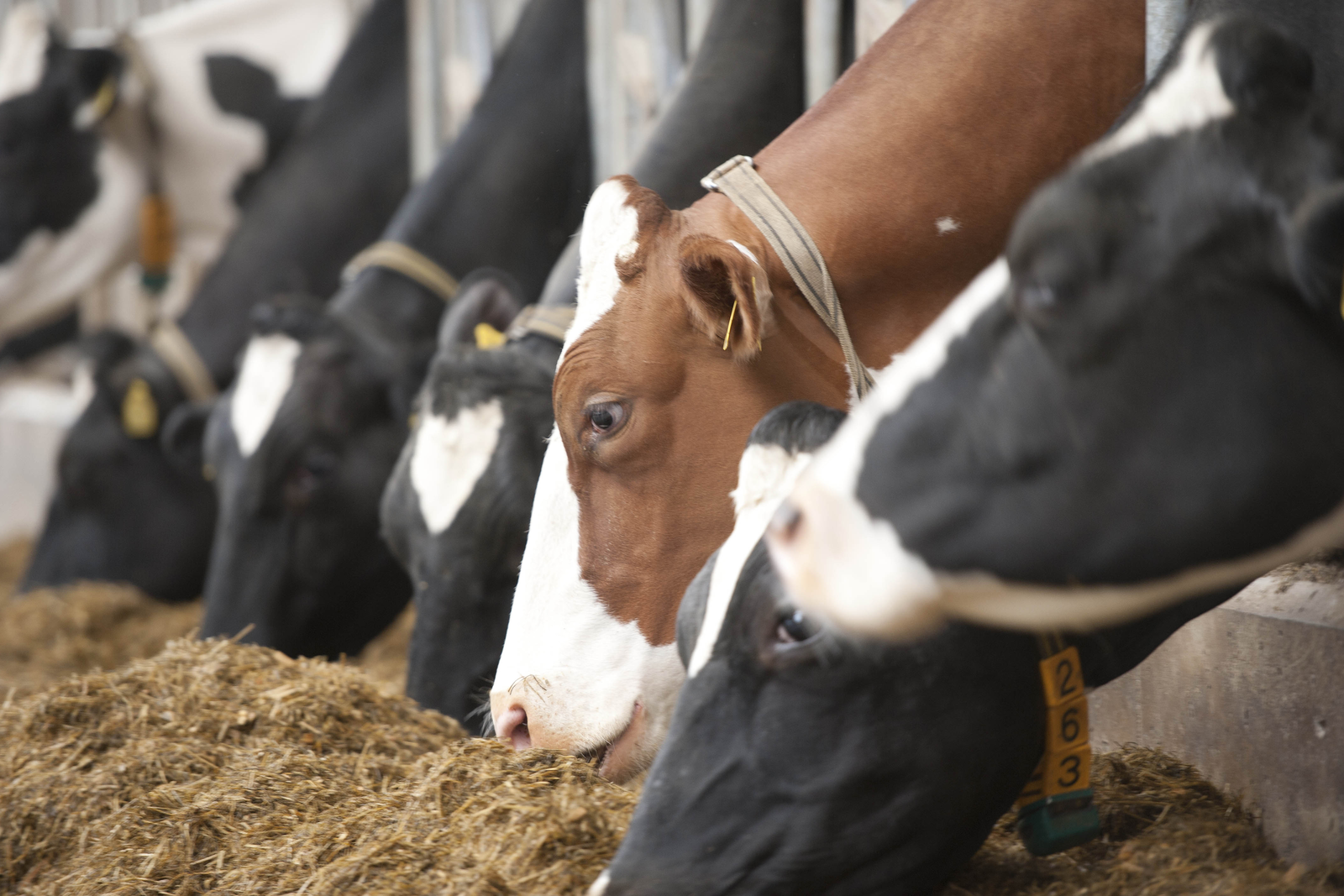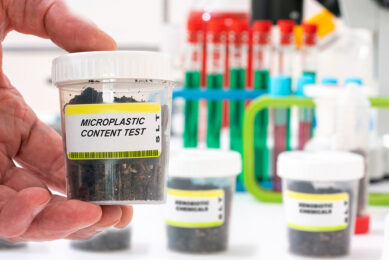Big data can help in feed intake predictions

Big data applications are likely to contribute to more efficient agro-food chains, and so likely to contribute to a more sustainable agriculture. It can also help in predicting roughage intake more precisely.
According to Wageningen University & Research, agriculture has to produce more food, feed, fuel, flowers, etc., with less use of natural resources and with less adverse side effects on the environment and society. The expectations are that precision agriculture and the acronym smart farming will be necessary to achieve this.
Learning models feed intake cows
Wageningen Research, TNO and NLR (Netherlands Aerospace Centre) worked together to explore the field of Big Data and concepts like Smart Farming. In a new report, (literature review and dairy farm case study) they describe a study on the application of big data technology in the context of smart farming in agriculture. The project looked at several aspects within the milk production chain, among which roughage and grass intake and the way this can be put into (learning) models.
A model to prediction roughage intake of cows
They were able to construct an effective machine learning model to predict the roughage intake of cows with a precision of approximately 7.6%. This means that it is possible to predict rather accurately the feed intake of cows that do not have labour expensive systems to monitor the roughage intake. “These models form a good basis to develop proxies for daily roughage intake of individual dairy cows, based on routinely available data on the dairy farm. These proxies for daily roughage intake can be used in management modules to optimise the feed management of individual or groups of dairy cows or be aggregate to predict full lactation intake, when no or partial feed intake records are available,” according to the authors of the report.
Design of suitable business models
Wageningen researchers state that the promise of Big Data in agriculture is alluring, but several challenges have to be addressed for increased uptake of Big Data applications. Although there are certainly technical issues to be resolved the authors recommend to focus on the governance issues that they identified and design suitable business models because these are currently the most inhibiting factors. Additionally, the benefits of Big Data applications have to be demonstrated to end users by independent researchers.











